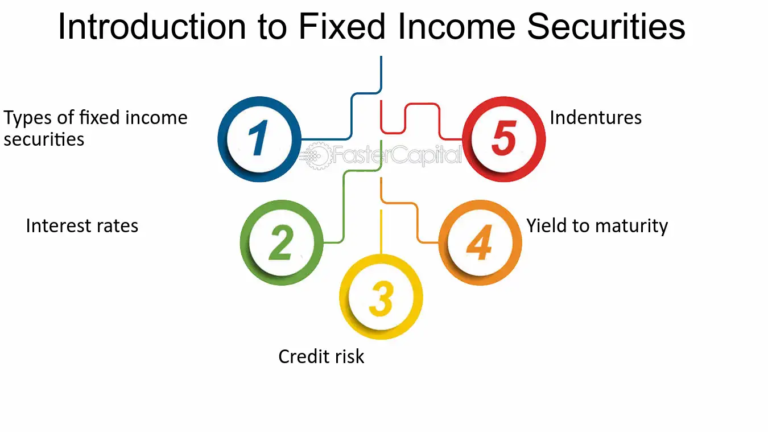Effective Recruitment of Accounting Professionals Through Agencies
Recruiting skilled accounting professionals is critical for any business seeking to ensure financial accuracy and compliance. Agencies specialising in accounting recruitment play a pivotal role in this process, leveraging their expertise to match the right candidates with the right roles.
This article explores the structured approach to recruiting accounting professionals through agencies, detailing each step and offering insights into how businesses can maximise the benefits of this partnership.
Understanding Recruitment Agency Functions
Recruitment agencies are intermediaries that connect businesses with potential candidates. These agencies have specialised knowledge of the employment market and maintain extensive databases of qualified candidates. For accounting roles, agencies provide a list of candidates and assist in screening them according to the specific requirements of the position.
Identifying Recruitment Needs
The first step in the recruitment process is for the business to define what they need in an accounting professional clearly. This includes the necessary qualifications and experience and soft skills such as communication and teamwork. The agency uses this information to identify potential candidates who match these criteria.
Specifying requirements like industry-specific knowledge or expertise in certain financial regulations can help in targeting candidates who can handle niche roles effectively. It’s also important for the business to outline potential career progression paths to attract candidates looking for growth and long-term opportunities.
Sourcing Candidates
Once the criteria are established, the agency begins the sourcing process. This involves a combination of searching through existing databases, networking in the industry, and sometimes headhunting for particularly specialised roles.
Agencies also often utilise online job portals and social media platforms to toss a wider net and reach passive candidates who may not be actively looking but are open to new opportunities. Additionally, specialised industry events and seminars serve as fruitful venues for direct engagement with potential candidates.
This multifaceted approach ensures a diverse pool of applicants, enhancing the likelihood of finding the ideal match for the role.
Evaluating Qualifications
Agencies conduct initial evaluations of potential candidates’ qualifications. This screening includes a review of educational backgrounds, certifications such as CPA (Certified Public Accountant), and relevant work experience. Advanced positions may require further qualifications, such as expertise in specific accounting software or experience in a particular industry sector.
Initial Interviews and Assessments
The next stage involves conducting preliminary interviews. These interviews are typically carried out by the agency to assess candidates’ technical abilities and soft skills. For accounting positions, practical tests might be administered to evaluate candidates’ proficiency with accounting tasks and software.
Providing Shortlisted Candidates
After the initial interviews and assessments, the agency compiles a shortlist of the most appropriate candidates. This list is then presented to the hiring company, along with detailed profiles that include interview notes, test results, and a summary of each candidate’s strengths and suitability for the role.
The agency also provides insights into the candidates’ potential fit within the company’s culture, which is crucial for ensuring long-term success and integration. They often include recommendations for interview strategies or areas of focus that could help the hiring company delve deeper during their subsequent interviews with each candidate.
Client Interviews and Selection
The hiring company then conducts its interviews with the shortlisted candidates. These interviews are more in-depth and are often conducted by senior accountants or financial managers. They may involve more specialised accounting questions, discussions about the company’s accounting practices, and scenarios the candidate might face in the role.
Additionally, these interviews may include behavioural questions designed to assess how candidates handle pressure, resolve conflicts, and manage deadlines in a work environment. The company might also simulate real-world problems to see how candidates apply their technical knowledge and critical thinking skills in practical situations.
Making the Offer
Once the interviews are complete, the company selects the most suitable candidate. The agency often assists in negotiating the terms of employment, including salary, benefits, and other conditions of employment.
They ensure that the company and the candidate are satisfied with the offer. In addition to basic compensation, the agency may facilitate discussions around bonuses, stock options, and flexible working conditions that could be pivotal in securing the candidate’s acceptance.
The agency also plays a crucial part in clarifying any queries the candidate may have regarding the role or the contract to ensure transparency and mutual understanding before finalising the agreement.
Onboarding and Follow-Up
With the offer accepted, the agency may assist with the onboarding process. This support helps ensure a smooth transition for the candidate into their new role.
Additionally, many agencies follow up with both the candidate and the company after placement to resolve any issues and ensure that the recruitment is successful in the long term.
Continuous Improvement
Feedback from these follow-ups is used by the agency to refine their recruitment processes. Continuous improvement helps agencies to better serve both companies and candidates in future recruitments.
The process of accounting recruitment through agencies offers numerous benefits, including specialised knowledge, a streamlined recruitment process, and access to a wider pool of qualified candidates.
By understanding and effectively utilising the services of recruitment agencies, businesses can significantly enhance their chances of finding the right accounting professionals who not only fit the required technical criteria but also align well with the company’s culture and values. This strategic approach to recruitment not only fills vacancies but also contributes to the long-term financial health and stability of the organisation.







